Munich, a vibrant hub of innovation, business, and culture, has long been one of Germany’s most significant cities for hosting international trade fairs and exhibitions. From technology showcases to automotive expos, the city attracts brands from around the globe looking to make a lasting impression. In this competitive environment, the role of Exhibition Booth Builder in Munich has grown immensely over the past few years. These professionals not only design and construct visually striking booths but also help brands communicate their stories, connect with visitors, and enhance engagement. Their influence extends beyond physical construction—they contribute to the overall experience and success of any exhibition presence.
The Rise of Trade Fairs in Munich
Munich’s prominence as a trade fair destination can be credited to its world-class venues, accessibility, and strong business ecosystem. Events such as BAU, IBA, and EXPO REAL draw international attention, turning Munich into a focal point for exhibitors and attendees alike. Companies from various industries rely on well-planned booths to stand out amid the competition. This growing demand has led to a surge in professional booth builders who bring creativity and technical expertise to the table.
Each trade fair requires a unique approach to booth design. For instance, a tech company may prioritize sleek digital displays, while a lifestyle brand may focus on immersive, interactive spaces. Exhibition booth builders in Munich understand these nuances and tailor their solutions accordingly, ensuring that each booth aligns with the brand’s objectives and the event’s theme.
The Role of Booth Builders in Modern Exhibitions
Exhibition booth builders today play a far more complex role than they did a decade ago. Their responsibilities go beyond construction—they serve as creative partners in brand storytelling. They consider how lighting, materials, colors, and digital technology can create a memorable experience for visitors.
Sustainability is another area where Munich’s exhibition builders have made significant progress. Many now focus on eco-friendly materials, reusable structures, and energy-efficient lighting. This approach not only benefits the environment but also appeals to modern audiences who value responsible design practices. As global businesses prioritize green initiatives, the emphasis on sustainable booth design continues to strengthen the industry’s standards.
Moreover, booth builders are integrating advanced technology into their designs. From LED walls and virtual product demos to augmented reality experiences, they help exhibitors engage visitors in innovative ways. These digital enhancements transform a standard booth into an interactive space that captures attention and builds stronger connections.
Collaboration and Local Expertise
One of the reasons for the success of Munich’s exhibition scene is the close collaboration between local booth builders and international brands. These partnerships are built on mutual understanding—local experts bring deep knowledge of the venue layouts, logistics, and regulations, while global exhibitors bring their creative ideas and marketing goals. Together, they craft spaces that are functional, compliant, and impactful.
Munich’s booth builders are also known for their precision and efficiency. German craftsmanship is often associated with high standards, and this reputation extends to the exhibition industry as well. Builders here ensure that every detail, from layout to finish, is meticulously executed, allowing exhibitors to focus on their presentations rather than operational challenges.
Impact on Brand Presence and Audience Engagement
A well-designed exhibition booth does more than attract attention—it influences how visitors perceive a brand. In Munich’s competitive trade fair environment, visual storytelling and experiential design have become key factors in determining success. Booth builders understand that modern audiences seek engagement, not just information.
By creating open, inviting layouts and interactive features, they enable brands to connect with visitors on a deeper level. Whether it’s through live product demonstrations, multimedia displays, or personalized spaces for meetings, these booths help companies leave a lasting impression. The influence of professional booth builders can be seen in the measurable outcomes—higher visitor retention, improved brand visibility, and increased post-event leads.
Evolving Trends and Future Outlook
The exhibition industry in Munich continues to evolve, driven by technology, design innovation, and sustainability. Modular booth systems, for example, are gaining popularity for their flexibility and cost-effectiveness. These setups can be easily adapted for multiple events, reducing waste and setup time.
Another emerging trend is the integration of hybrid elements—combining physical and virtual experiences. This allows exhibitors to reach both on-site attendees and remote audiences simultaneously. Booth builders in Munich are at the forefront of implementing such designs, ensuring that businesses remain relevant in an increasingly digital exhibition landscape.
Looking ahead, the demand for innovative booth designs will likely continue to grow as trade fairs regain full momentum. The collaboration between brands and skilled builders will remain a vital element in shaping memorable experiences at these events.
Conclusion
The influence of Munich’s exhibition industry extends far beyond aesthetics—it reflects the city’s commitment to excellence, innovation, and sustainable design. As trade fairs evolve, so too does the importance of booth builders who can merge creativity with functionality. Their ability to transform empty spaces into immersive brand environments has made them key contributors to exhibition success.
Ultimately, the expertise and dedication of these professionals reinforce Munich’s reputation as one of Europe’s top destinations for trade fairs and exhibitions. As the industry continues to grow, the contribution of the Exhibition Stand Builder in Germany will play a central role in shaping the future of exhibition experiences across the nation and beyond.

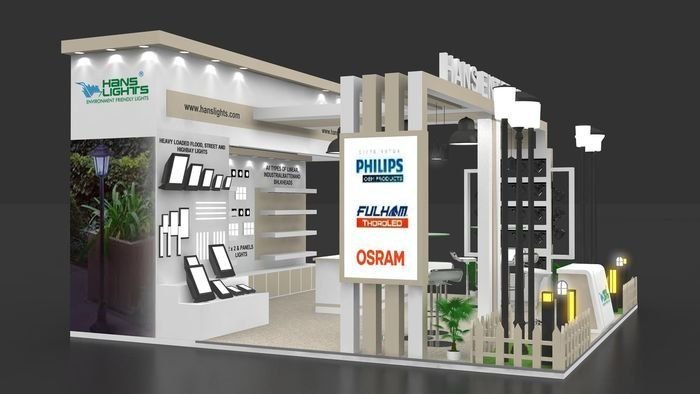

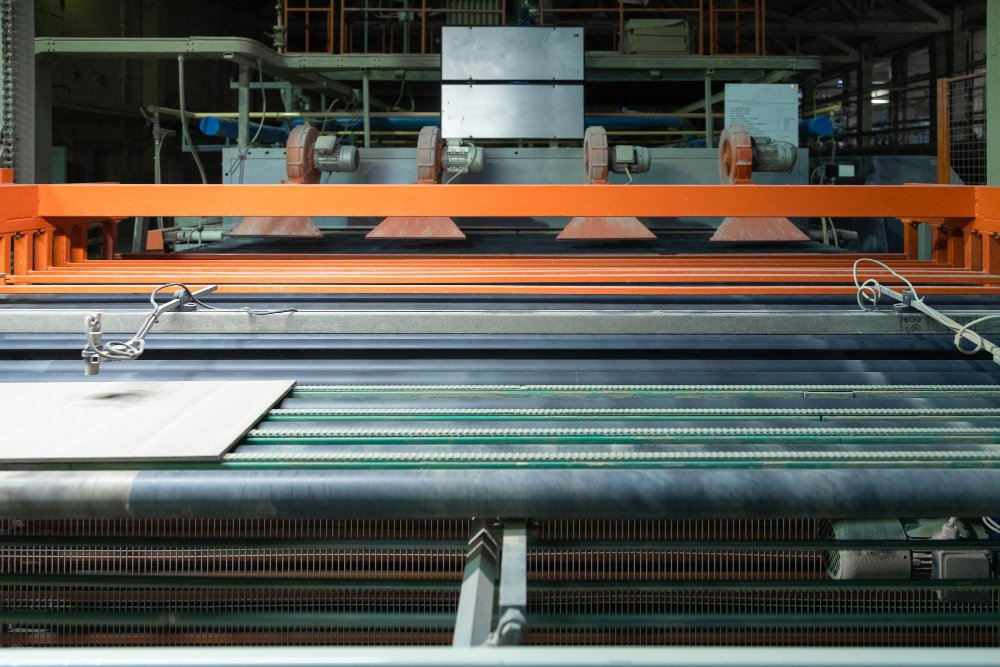
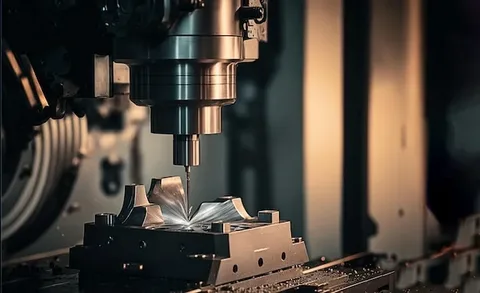
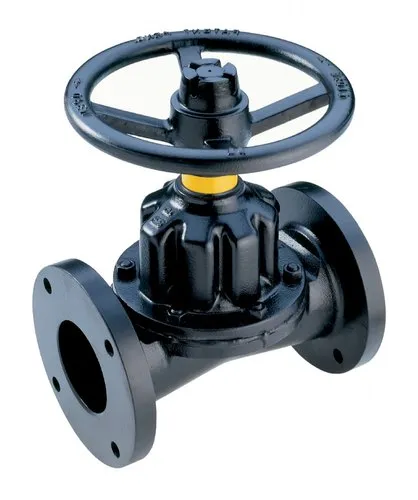

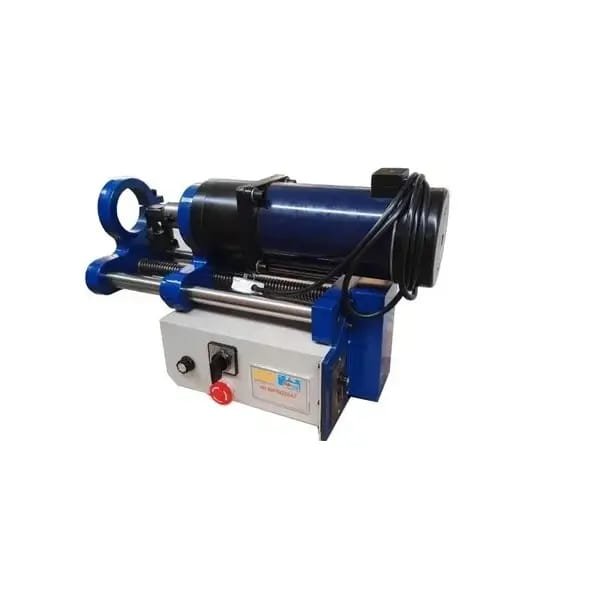
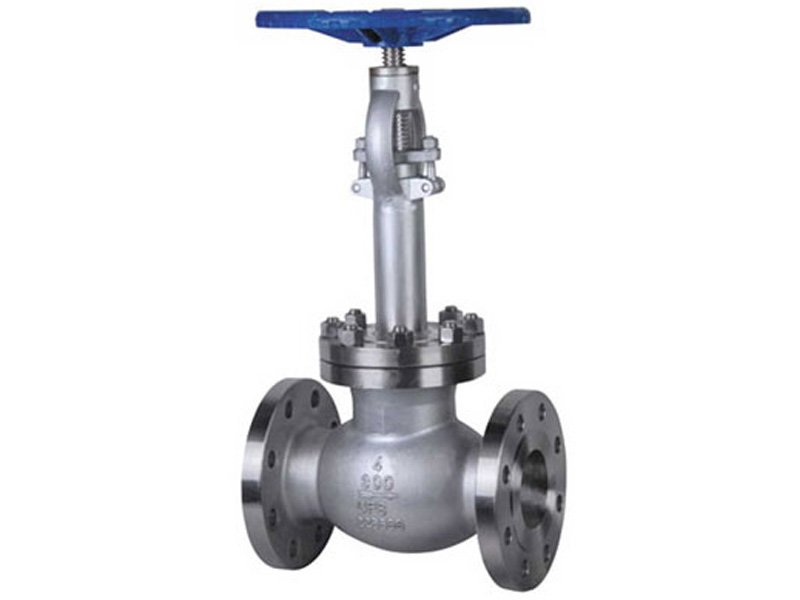


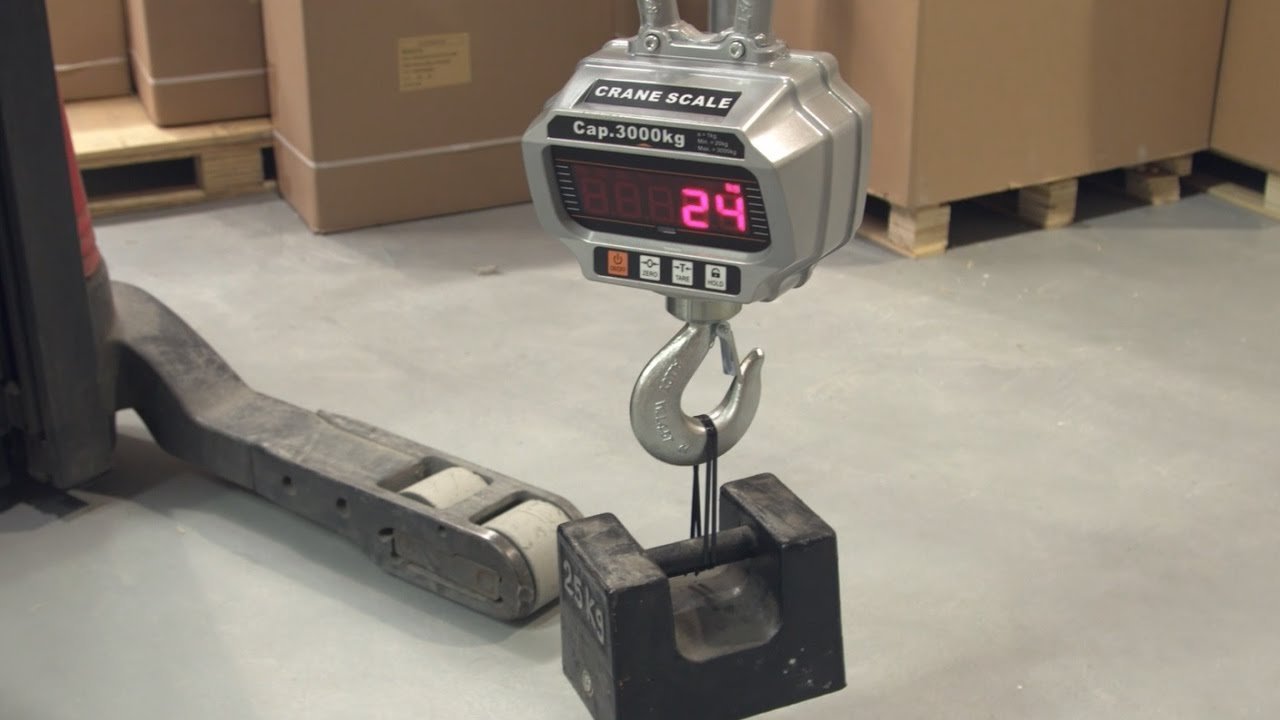



Leave a Reply